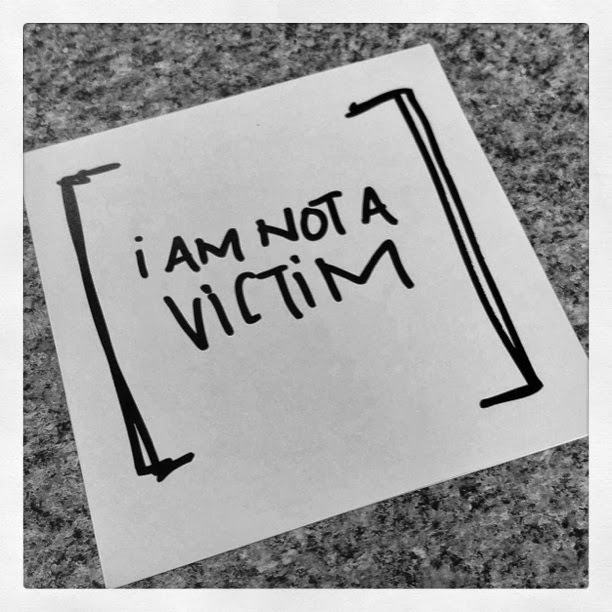We
are never prepared for a tragedy like the shooting at Sandy Hook Elementary. Or
like the devastation caused by Hurricane Katrina. Or like the attacks on the
World Trade Centers. Devastating, horrific events like these are rare, but they
do happen. When they do, it is not just those who were directly affected who
must learn how to survive and how to live life again. Even the spectators --
even those of us who lived hundreds or thousands away from the events -- can
feel the same fear, grief, and despair that these tragedies can cause.
Fortunately,
you can pick up the pieces after a tragedy and learn how to move on. Of course,
the process will be different depending on how close you were involved in the
tragedy -- and if you were directly affected, you will need to do serious work
with a counsellor. However, these steps can help you start the healing process:
Don't Dwell on the
"Why"
You
will want to find answers to explain why a tragedy happened so you can make
better sense of it. After the Sandy Hook shooting, people questioned the
shooter's motivation, how mental health care treatment have prevented the
tragedy, and of course, how different gun laws may have kept weapons out of the
shooter's hands. After Hurricane Katrina, people questioned the evacuation
procedure and the quality of the city's infrastructure.
Though
you may want to question how the tragedy could have happened, answers will
rarely be found. You will dwell on asking "why" but will likely never
get the satisfaction of an answer. Therefore, you will not be able to move on.
Don't focus on why the tragedy happened; focus on what you can do to heal.
Mourn the Loss
Even
if you were not directly involved in the tragedy -- even if you were not
present or do not know anyone who was present -- you may feel grief. You may
feel grief for those who were lost. You may feel grief over a certain loss of
"innocence" or hope on your part. You may feel fear, hopelessness, or
despair.
Allow
yourself to mourn that loss. Experience the grieving process so you can get
through those feelings and begin healing.
Get Support
Find
others who can understand what you are going through and can offer you support.
You may want to find other survivors or others who were affected in a similar
way by the events. Or you may simply want to surround yourself with family and
friends who can offer you support.
If
you have been more directly impacted by the tragedy, your support can be a
counselor or group therapy. It is important to get the right kind of support to
help you process your feelings and get on the road to healing.
Maintain Your Routine
It
is important to continue with your "normal" life as much as possible.
Instead of giving in to despair and falling into inaction, you should focus on
maintaining your regular routine as much as possible. Get up and go to bed at
the same time, eat meals, go to work, see friends, and get some exercise. If
you don't try to do these things, you run the risk of allowing yourself to
wallow in your grief and become immobilized by despair.
Focus on Positive Action
You
may feel angry or helpless after a tragedy because you feel like there is
nothing you can do about what has happened. While you cannot change the past,
you can focus on positive action to shape the future. You can volunteer with
relief groups. You can work with advocacy organizations that are trying to
bring about change. You can make a donation to a non-profit organization doing
important work on a related issue.
By
focusing on these positive actions, you can feel like you are doing something
to prevent future tragedies, and that can help you in the healing process.
No
one can ever be truly prepared for a tragedy. However, when a tragedy does
happen, these steps can help you to pick up the pieces and begin again.
Ultimately, you will make it through the healing process and learn how to live
again.
Carmen Brettel is a writer and
manager for Studentgrants.org. In her spare time, Carmen enjoys
gardening and volunteering at animal shelters.


